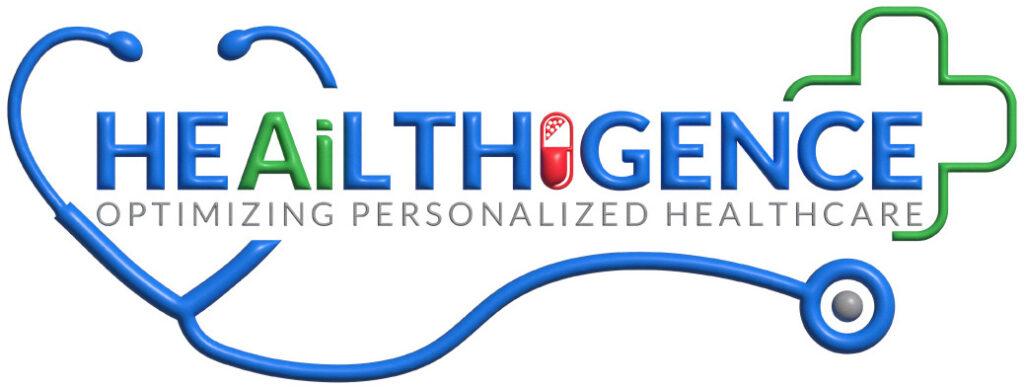Application areas
Genomic Profiling: Analyze patient’s genetic data to identify specific genetic variations associated with diseases, drug responses, and potential treatment options, enabling personalized medicine approaches based on individual DNA.
Drug Target Identification: Identify unique molecular targets in a patient’s cancer cells, facilitating the selection of targeted therapies or immunotherapies tailored to the patient’s specific tumor characteristics.
Predictive Pharmacogenomics: Predict patient’s response to medications based on genetic markers, optimizing drug selection and dosage to enhance treatment effectiveness while reducing the risk of adverse reactions.
Risk Stratification and Prevention: Analyze patient data to identify individuals at high risk of developing certain diseases, enabling proactive interventions and lifestyle modifications to prevent or delay the onset of illnesses.
Treatment Response Prediction: Analyze patient data, including past treatment outcomes, to predict a patient’s response to specific therapies, helping to select the most effective treatment for improved outcomes.
Real-Time Monitoring: Continuously monitor patient health metrics using wearable devices providing personalized insights to patients and healthcare providers, promoting proactive management of chronic conditions.
Disease Progression Modeling: Predict disease progression trajectories based on patient data, enabling physicians to adjust treatment plans proactively and optimize disease management.
Adaptive Clinical Trials: Optimize clinical trial design by identifying patient subgroups most likely to respond positively to investigational treatments, reducing trial duration and resource utilization.
Digital Therapeutics: Deliver personalized therapeutic interventions, such as cognitive behavioral therapy or medication adherence support, tailored to an individual’s needs and preferences.
Immunotherapy Selection: Identify tumor-specific antigens and predict a patient’s likelihood of responding to immunotherapies, guiding the selection of the most appropriate immunotherapy treatment.
Optimizing Combination Therapies: Analyze data from different treatment modalities to identify synergistic combinations that can be tailored to an individual patient’s disease characteristics.
Patient Risk Profiles: Combine clinical data, genetic information, and lifestyle factors to generate patient risk profiles, guiding physicians in tailoring preventive measures and health promotion strategies.
Post-Treatment Surveillance: Monitor patient data after treatment to detect early signs of disease recurrence or complications, enabling timely intervention and follow-up care.
Remote Patient Monitoring: Track patient health data and deliver personalized insights to patients and healthcare providers, supporting disease management and improving patient outcomes.
These AI-driven personalized medicine applications using HEAiLTHIGENCE platform demonstrate the potential for AI to revolutionize healthcare by tailoring treatments and interventions to individual patients, leading to more effective, efficient, and patient-centered care.

